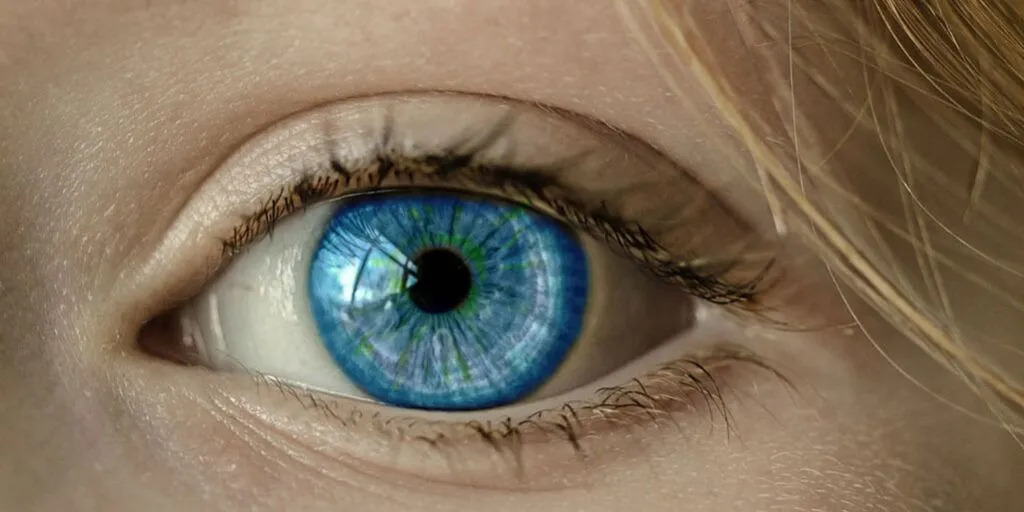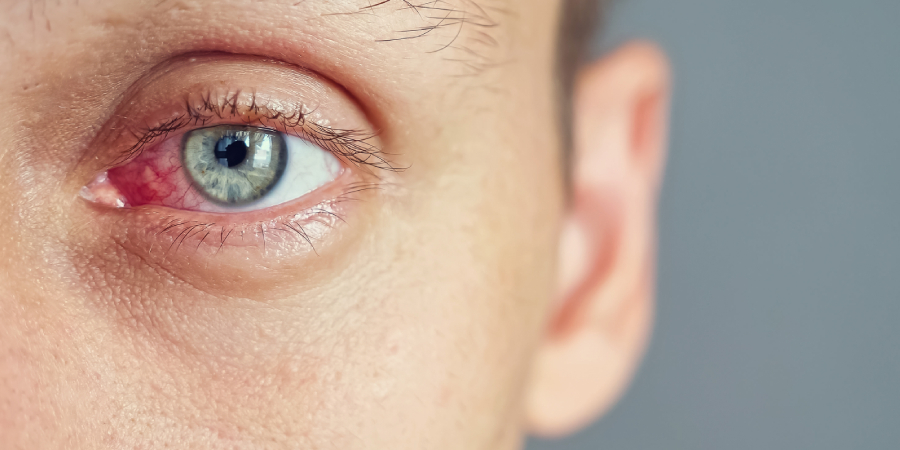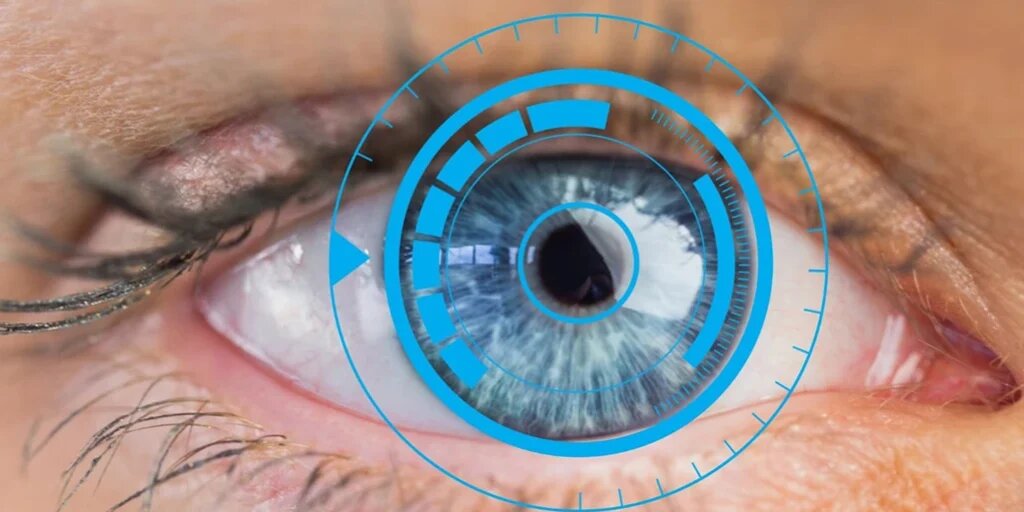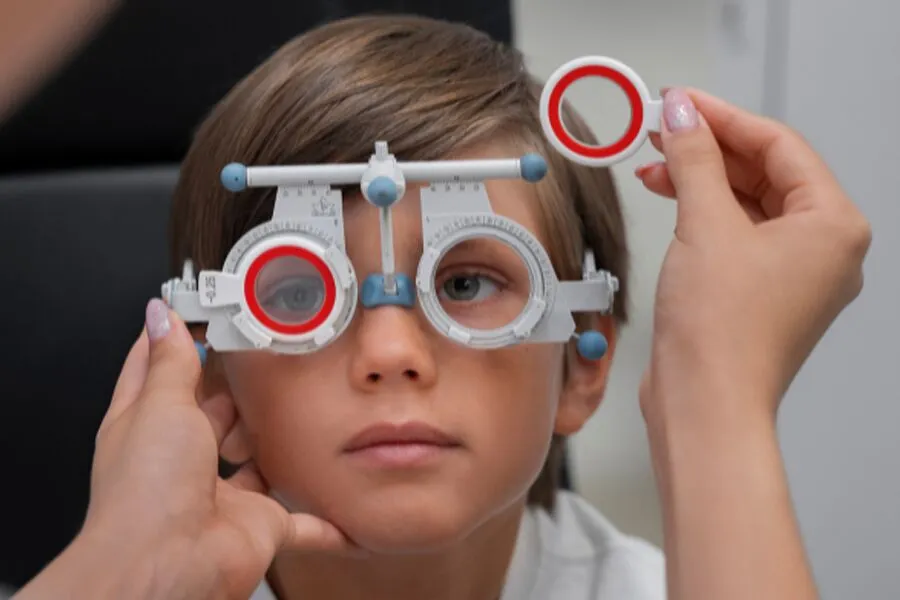Eye Pain & Light Sensitivity? Uveitis Treatment That Restores Vision
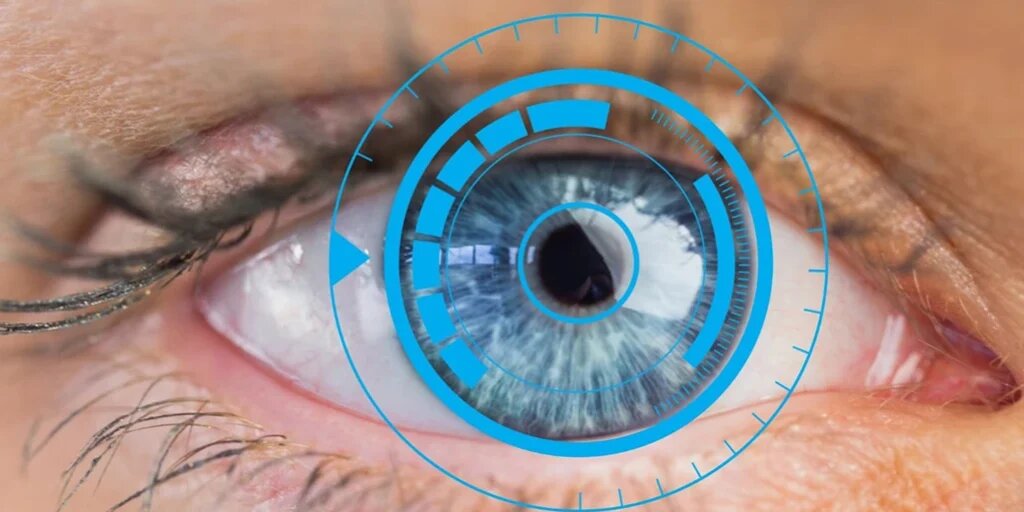
Eye pain that doesn’t go away. Discomfort in bright light. Blurred vision. These may seem like ordinary symptoms, but they can be signs of something more serious — uveitis. When inflammation occurs inside the eye, it needs to be addressed quickly and carefully. Left untreated, uveitis can lead to irreversible damage and even vision loss. Fortunately, with timely and tailored uveitis treatment, vision can often be preserved and quality of life restored.
What Is Uveitis?
Uveitis is inflammation of the uvea, the middle layer of the eye, which includes the iris, ciliary body, and choroid. This condition can affect one or both eyes and may develop suddenly or gradually. Uveitis is not a single disease, but rather a group of inflammatory conditions that require precise diagnosis and expert management.
Common Symptoms of Uveitis
Understanding symptoms can help individuals seek timely care. Here are common signs to look out for:
Eye pain that worsens over time
Sensitivity to light (photophobia)
Redness in one or both eyes
Blurry or distorted vision
Floaters or dark spots in vision
Decreased vision or visual disturbances
Because uveitis can mimic other eye conditions, seeking medical evaluation from a specialized eye hospital is crucial.
What Causes Uveitis?
Uveitis can result from a wide range of triggers. These include:
Autoimmune disorders such as rheumatoid arthritis or lupus
Infections like tuberculosis, herpes, or toxoplasmosis
Eye trauma or post-surgical complications
Inflammatory diseases like Behçet’s disease or sarcoidosis
Sometimes, no identifiable cause is found
Identifying the underlying cause guides the path of uveitis treatment, which is always personalized to the patient’s needs.
Types of Uveitis and Why It Matters
There are four major types of uveitis, each requiring a slightly different treatment approach:
Anterior Uveitis – Affects the front of the eye (iris); most common and often painful.
Intermediate Uveitis – Involves the vitreous and peripheral retina.
Posterior Uveitis – Affects the retina and choroid, often associated with systemic diseases.
Panuveitis – Inflammation across all parts of the uvea; the most severe form.
Treatment outcomes are best when the type of uveitis is clearly identified and managed accordingly.
How Uveitis Is Diagnosed
Diagnosis starts with a comprehensive eye examination by an ophthalmologist, supported by advanced imaging and laboratory tests.
Slit-lamp examination to view internal structures of the eye
OCT scans and fundus photography to examine the retina
Blood tests to uncover infections or systemic causes
Ultrasound or chest X-rays if autoimmune or infectious causes are suspected
This multi-layered diagnostic approach ensures accurate detection and targeted uveitis treatment.
Uveitis Treatment: A Personalized Approach to Healing
Treating uveitis requires more than just managing symptoms. The goal is to stop the inflammation, prevent tissue damage, and preserve or restore vision. Here’s how treatment is usually structured:
1. Anti-Inflammatory Medications
Corticosteroids (eye drops, oral tablets, or injections) are often first-line.
Dosage and duration are carefully monitored to prevent side effects.
Injections may be used when deeper eye structures are affected.
2. Immunosuppressive Therapy
For chronic or autoimmune-related uveitis, immunomodulators help control inflammation.
These include methotrexate, azathioprine, or biologics under strict supervision.
Regular monitoring ensures safety and effectiveness.
3. Antibiotic or Antiviral Treatment
If the uveitis is linked to an infection, antimicrobial agents are essential.
Treatment targets the specific pathogen without causing further eye irritation.
4. Surgical Intervention (if needed)
Vitrectomy may be necessary in severe cases with retinal involvement or complications.
Cataracts or glaucoma caused by long-standing uveitis may also need surgical correction.
Procedures are performed only when medical treatment alone isn’t sufficient.
Managing Uveitis: Beyond the Medicine
Successful uveitis treatment also involves ongoing management and lifestyle care:
Frequent follow-ups to adjust medications and monitor eye pressure
Use of protective eyewear to reduce exposure to light and dust
Stress reduction techniques, as flare-ups can be linked to systemic inflammation
Co-management with rheumatologists or infectious disease specialists if systemic illness is present
Patients are often encouraged to keep a symptom diary and maintain open communication with their care team.
What Happens If Uveitis Is Left Untreated?
Delaying treatment can have serious consequences. Untreated uveitis can lead to:
Glaucoma due to increased intraocular pressure
Cataract formation from chronic inflammation or steroid use
Retinal damage, scarring, or detachment
Permanent vision loss or even blindness
This is why choosing the right hospital with expertise in managing complex eye conditions is so important.
Choosing the Right Eye Hospital for Uveitis Treatment
Managing uveitis is not a one-time event — it’s a journey that requires experience, continuity of care, and advanced tools. The right hospital should offer:
A dedicated uveitis specialist with access to the latest diagnostic technologies
A multidisciplinary team including rheumatologists, retina specialists, and infectious disease experts
Access to advanced imaging for regular monitoring
Personalized treatment protocols and long-term follow-up support
Conclusion:
When it comes to uveitis, early diagnosis and expert-led treatment can mean the difference between lasting vision and irreversible damage. From the first symptoms of eye pain or light sensitivity to long-term management, every step matters.
Maxi Vision Eye Hospital, as a super specialty eye hospital, offers the precise care, advanced facilities, and compassionate guidance needed for comprehensive uveitis treatment. Patients are not just treated — they are cared for, understood, and supported through every stage of recovery.
Note: IndiBlogHub features both user-submitted and editorial content. We do not verify third-party contributions. Read our Disclaimer and Privacy Policyfor details.




